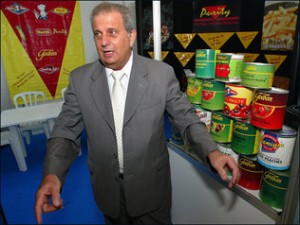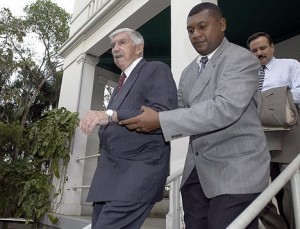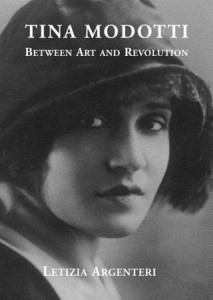“History is lived forward, but to understand it we must look back.” Kierkegaard

The interaction between the lack of administrative capacity, economic inefficiency, hopelessness, widespread corruption and the massive exodus, have made the current crisis in Cuba the deepest of its history. The combination of these factors, sufficient to break any human group that aspires to exist as a nation is an alert for all those involved or concerned about the present and the future of our country.
Having exhausted all possibilities to exist without change, the Cuban government is taking steps towards a reform package that, although timid, inadequate and contradictory, as a way to break the inertia could evolve in the direction of democratization, the only way of saving the Cuban nation from its demise.
Looking at the new scenario, a retrospective analysis sheds light on an event that is repeated in our history, I refer to the cycle consisting of: 1 – the coming to power; 2 – the intention not to abandon it; 3 – the violent response from those in opposition; and 4 – after a few human and material losses, the return to the starting point, with the peculiarity that the result has been a march toward the past, to the point that in terms of civil liberties we find ourselves in the same position we were in 1878.
The decline of a country that held one of the first places in living standards in Latin America, and reached consensus on one of the world’s most advanced constitutions of its time, has to come from root causes. For this analysis, fortunately, we have a wealth of studies and practical observations made by illustrious figures of our politics and our culture. I will mention briefly some observations of eight of them.
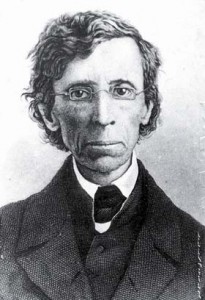 1 – Father Felix Varela (1778-1853), who evolved from autonomy to become a precursor to independence and the proper treatment of slaves to develop a project to abolish the abominable institution of slavery. Once he was immersed in such civic purposes he realized there was a prerequisite for achieving these objectives and therefore chose education as a path to liberation.
1 – Father Felix Varela (1778-1853), who evolved from autonomy to become a precursor to independence and the proper treatment of slaves to develop a project to abolish the abominable institution of slavery. Once he was immersed in such civic purposes he realized there was a prerequisite for achieving these objectives and therefore chose education as a path to liberation.
Varela was not only named the chair of Constitution of San Carlos Seminary, as an institution of freedom and the rights of man, but conceived it as a means to teach civic virtues. That is, rights and virtues together. To this end he introduced ethics in scientific, social and political studies. His work, Letters to Elpidio, was directed to young people because he felt that if there was anyone willing to listen and willing to think with his own head, it was the youth. Father Varela stressed the vital idea of exercising power, strength and fortitude, as a means of reaffirming a value, a moral ideal, which strengthens men’s and women’s ability to look high and far. Thus, he said, it is necessary, first, to start thinking; he put forth in it all his efforts, such that José de la Luz y Caballero defined him as our real civilizer.
2 – José de la Luz y Caballero (1800-1862), who after Father Varela and José Antonio Saco assumed leadership of the Department of Philosophy at San Carlos Seminary, conscious of the efforts of some Cubans to free themselves from Spain, arrived at the conclusion that, before revolution and independence, was education. He understood politics as a process and spoke out against the immediacy that characterizes us. Men rather than academics, he said, are what this time needs and he dedicated himself to this belief. In 1848 he founded El Salvador de La Habana, a school where he spent the last years of life. From all that he had accumulated of value from his maternal uncle José Agustín Caballero, from his relationship with the Father Felix Varela and the most distinguished men of his time, he amalgamated with the latest developments in the pedagogy of the times, enriched with wisdom, and adapted to the conditions in Cuba and gave it to his students, among them Mendive, the teacher of José Martí.
3 – José Julián Martí Pérez (1853-1895), took up the unfinished process of forming the Cuban nation to become a modern republic. To that end, he conducted a critical study of the errors of the previous struggle for independence, where regionalism, warlordism and selfishness, among many evils, put paid to the purposes of the war. From his analysis he developed a set of principles characterized by their participative and democratic character, the inclusion of all elements in the analysis, the union of diverse factors, and their role in the politics of the time. From this he planned the foundation of the Republic, which in his ideology was the form and endpoint of destiny, as opposed to war and the party, which he conceived as mediating links to arrive at the Republic, but in which the germs of democracy had to be present.
Marti insisted that the Party would not work for any particular class but for the totality, using democratic methods, and counting on the brotherhood and common action of Cubans on the Island and living abroad. Despite his efforts over the years, the evils that put paid to the Great War loomed again. In his Diary of the Campaign, fourteen days before his death, Marti noted: “Maceo has another idea of governance, a junta of generals in command, their representatives, and a General-Secretariat; the country, then, and all the officials of it, which creates and animates the army, as the secretariat of the army.”
4 – Enrique José Varona (1849-1933), who dedicated 50 years of his life to politics, believed that nothing would be good or perfect, as long as men are not good and perfect. And he said, “The laws have the same value as the men who apply them,” a postulate that points back to ethics and education as a starting point. In My advice, written in 1930, Varona complained that the Republic had entered into crisis, because many people believed they could ignore public affairs. This selfishness had a very high cost. Such a high cost that we could lose everything. Varona, convinced of the need to live in a different way, realized learning would need to occur in a different way, and disappointed by the results, he devoted himself to pedagogy to educate citizens.
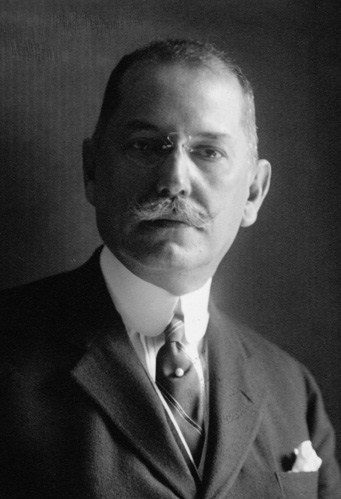 5 – Cosme de la Torriente and Peraza (1872-1956), convinced of the futility of violence to found a people and establish nations, directed his steps towards reconciliation and dialogue as an ethical and cultural foundation for political action. Cosme told the leaders of the Student Directorate, in 1931: What I understand as I have always understood, given the international situation of Cuba and the complexity of our problems, much better than a revolution, always of doubtful success, is to reach an intelligence or a settlement that allows a commitment or agreement to restore moral peace in the Republic, and the destroyed legal order.
5 – Cosme de la Torriente and Peraza (1872-1956), convinced of the futility of violence to found a people and establish nations, directed his steps towards reconciliation and dialogue as an ethical and cultural foundation for political action. Cosme told the leaders of the Student Directorate, in 1931: What I understand as I have always understood, given the international situation of Cuba and the complexity of our problems, much better than a revolution, always of doubtful success, is to reach an intelligence or a settlement that allows a commitment or agreement to restore moral peace in the Republic, and the destroyed legal order.
His life is a model of the paradigm of rejecting the use of violence to solve conflicts. Making effective use of diplomacy played a definite role in the recovery of the sovereignty of Cuba over the Isle of Pines, and in 1934, from Havana, he led the negotiations that culminated in the abrogation of the Platt Amendment. In the fifties of last century, convinced of the harm that would result if Cuba would embark once again on the path of violence, he led the Civic Dialogue, aimed at resuming the path of constitutionality and avoiding the choice between a military dictatorship and revolutionary violence.
6 – Gustavo Pittaluga (1878-1956), Italian physician, based in Spain who immigrated to Cuba in 1937, although not Cuban-born, studied and knew our country much better than most born here. In his book Dialogue of Destiny, suggested that Cuba is a people who wanted to create a nation. That is capable of creating one. But that has not yet created one, because the specific sign of a nation is to be aware of its destiny. And Cuba is not. And he added: “No ideal is realized in full. But without the vision of that ideal there is no path, no compass, no seminal work for the future.” For him violence was the harbinger of the fate of Cuba. In his opinion the settlement of disputes could only be achieved through politics and understanding, or it would be imposed by this harbinger, by violence, which was confirmed by the military coup of 1952, putting the two policy strands of violence — the traditional and revolutionary — face to face.
7 – Fernando Ortiz Fernández (1881-1969), one of the leading thinkers of the twentieth century Cuban, digging into our roots reached the following conclusion: We do not believe there have been more far-reaching human factors for the essence of being Cuban, these continuous, radical and contrasting geographical, economic and social transmigrations of the people; this perennial transitoriness of post-purposes and that life is always an uprooting of the inhabited earth, always in conflict with the sustained society. Men, economies, cultures and aspirations, everything here feels foreign, provisional, changing, “birds of passage” over the country, working against it.
In Cuba’s political crisis: its causes and remedies (1919), he pointed out, that among our sociological limitations are: Lack of historic preparation of the Cuban people for the exercise of political rights; ignorance of the leaders that prevents them from appreciating the true value of public men; a cultural deficit among the ruling classes, which prevents them from curbing their selfishness and reconciling with the highest interests of the nation; disintegration of social elements in the various races and nationalities with interests not based on a supreme national ideal; the psychological weaknesses of the Cuban character, impulsivity, a psychological characteristic that often leads to strong performances, but quick, hasty and unpremeditated violence.
8 – Jorge Mañach Robato (1898-1961), in his essays, debates and public appearances, described the negative characteristics of the Cuban people: “Our character is nervous and restless by physiological temperament: frivolous, immediate and improvident.
Regarding the ongoing disagreements among Cubans, he said: “Everyone has a little aspiration, his little ideal, his little program, but lacks the aspiration, the ideal, the program for all, that supreme fraternity of spirit that is characteristic of more cultured civilizations. And, he added, the inhibitory individualism in our race makes each one his own Quixote with his own adventure. Generous cooperative efforts are invariably undermined.
The selfless leaders do not emerge. In the cloisters, in the intellectual class, in the academies, in the groups, the grudge spreads like weeds in the wheat fields where we would hope for the bread of the spirit. Everything is a take from you to give to me. Culture is a shipwreck, and a dour effort of every man for himself. People are vaguely anxious for a better State, but they don’t fight to make it happen.
The critical observations of these thinkers help us to understand the repetitive cycle that over and over has led us to the use of violence instead of political solutions and allows us to establish the similarity of three periods in the political history of Cuba in the 20th century: 1902 to 1933, 1933 to 1952, and 1952 to the present.
In the first period, the generals of the War of Independence, with the exception of Dr. Alfredo Zayas, almost all became the leaders who occupied the presidency between 1902 and 1933. The following pattern repeated itself: They come into power, realize or fail in intentions to stay a little longer in the presidential chair, respond violently to those who demand the rotation, ask for foreign intervention, and then order is restored and there are new elections. So it was with the unsuccessful or successful attempts at re-election from Estrada Palma to Gerardo Machado.
In the second period, curiously, almost all public office holders from 1933 to 1952 came from civic and military institutions that used violence during the Revolution of the ’30s, which ended with the overthrow of Gerardo Machado, Grau San Martin, Eleuterio Pedraza , Carlos Mendieta, Miguel Mariano Gómez, Federico Laredo Bru, Fulgencio Batista, Carlos Prio, Eduardo Chibas, Antonio Guiteras, Carlos Hevia, Sergio Carbó and many others.
In the third period, after 12 years with leaders elected at the polls, Fulgencio Batista led a coup in 1952, suspended the constitution, dissolved Congress and instituted a provisional government. Causing, in line with our lack of democratic culture, the assault on the Moncada Barracks, the military uprisings like Matanzas and Cienfuegos, the landing of the yacht Granma and the assault on the presidential palace. Displays of supremacy that used violence in the face of the efforts reconciliation of the Society of Friends of the Republic, the Civic Dialogue and the efforts of the Bishops.
That is, in the three periods mentioned, the elected presidents were preceded by situations of violence, and the resulting leaders succumbed, again, before the violence, taking directions contrary to social progress.
The Revolutionary government, emerging from the military victory of 1959, with initial democratic and popular steps initiated a process of concentration of ownership in the hands of state and power in the hands of the Head of the Revolution. It was a process that began in Sierra Maestra in May 1958, where it was agreed to implement a policy of one-man control, centered on the figure of Fidel, who was appointed Executive Secretary General of the M-26-7 (the 26th of July Movement) and Commander-in-Chief of all Revolutionary forces, including the urban militias.
This process continued after the taking of power, with Fidel adding more positions as Commander-in-Chief, the Prime Minister and First Secretary of Communist Party of Cuba. In parallel. the network of associations — for youth, women, workers, peasants, professionals, employers, etc. — were dissolved or subordinated to the State’s goals. University autonomy, which had been guaranteed in article 53 of the Constitution of 1940, disappeared de facto in the university reform in 1962. The written press, radio and television, the vast network of existing cinemas, production of books and cultural institutions came under Communist Party control. All of this was a process that led to the totalitarian system and the profound structural crisis that we now find ourselves in, whose explanation is closely related to the critical remarks of the thinkers cited:
The idiosyncrasy of the Cuban, whose root is in Europeans who came with the intention to return enriched and Africans who were brought against their will; neither with a stated intention to settle in the way of others who came to North America. To this must be added a nervous and restless nature, immediate and improvident, which often leads to severe actions, hasty, unpremeditated and violent, but short-lived.
The lack of a democratic culture and an almost nonexistent experience of citizenship, which is manifested in the conduct of rulers and ruled. One of its expressions is the rejection of politics by most of the population, which allows it to remain in the hands of minorities who can adopt, in an autocratic way, decisions that affect everyone and facilitates their ongoing exclusion.
The absence of a common awareness of destiny, which explains the inconclusive character of the Cuban nation, as each has their small aspirations, their small ideal, their small program, but as Manach stated, there is a lack of an aspiration and ideal that encompasses everyone.
From the above, unless we want to add new episodes of that fateful march backwards, we see that it imposes on us the urgent need for change, starting with ourselves, because as history is made by men, for all those who aspire to be subjects of change, there is no future in our society. This conclusion leads us to the thesis Marti formed, from the few existing spaces, the seeds of democracy for Cuba’s future must be sown, which again begins with individuals, and for this to occur the rejection of the use of violence is of paramount importance.
Published in number 18 of the digital magazine Convivencia, Nov-Dec 2010, here.
January 13 2011

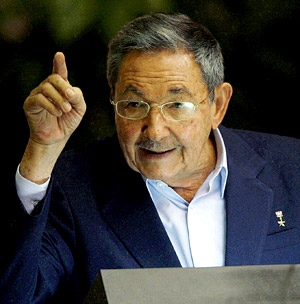
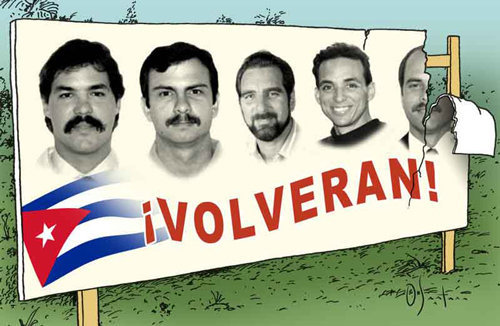
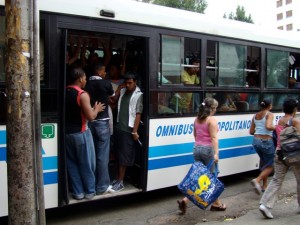

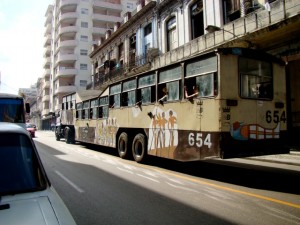
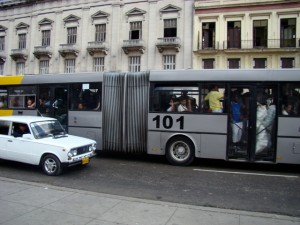
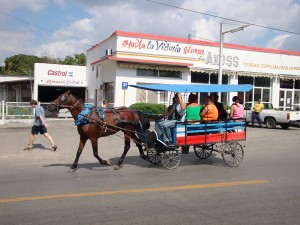
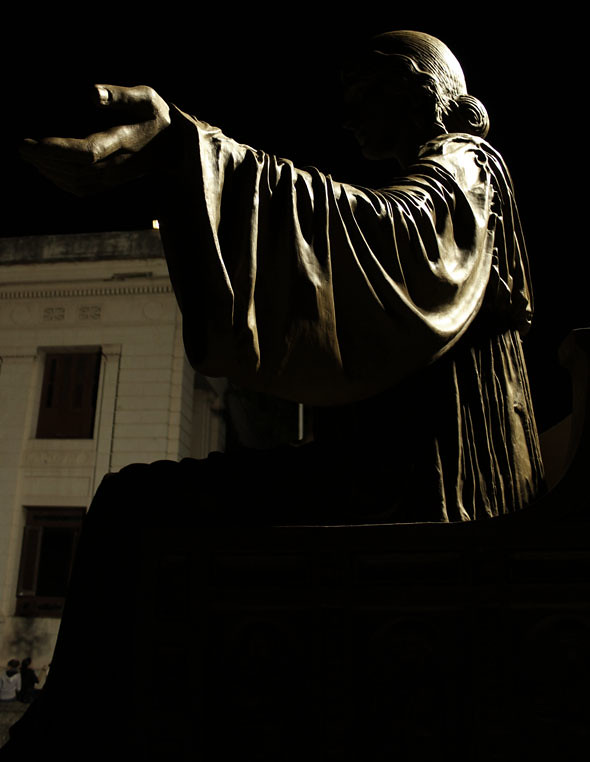
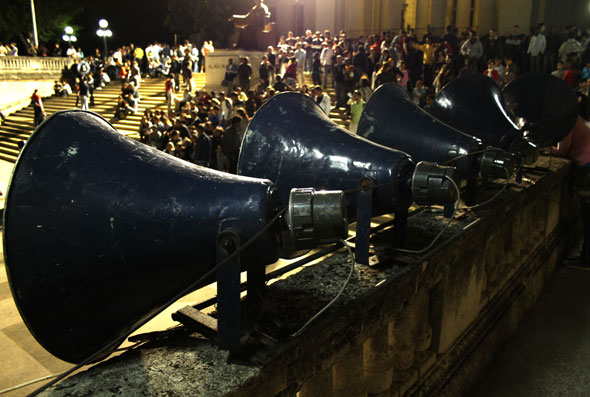
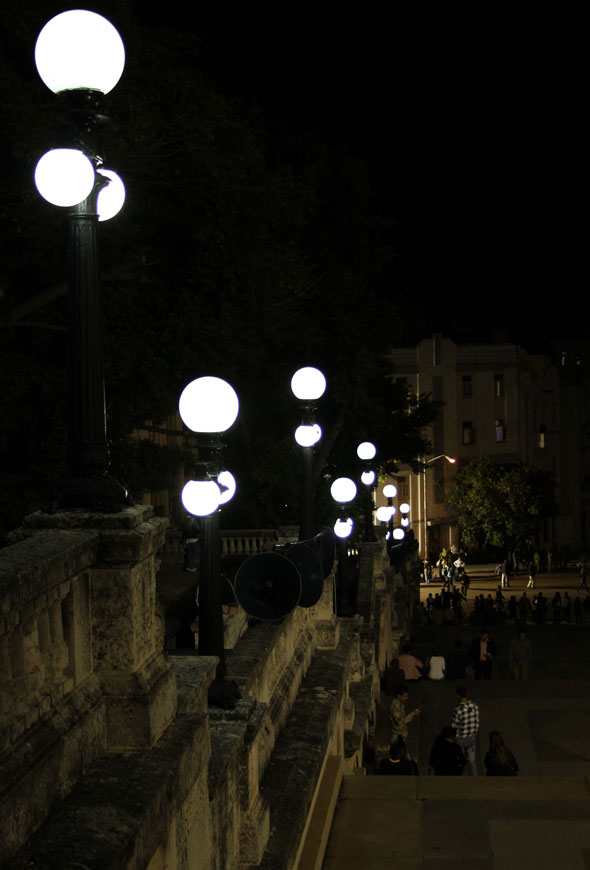
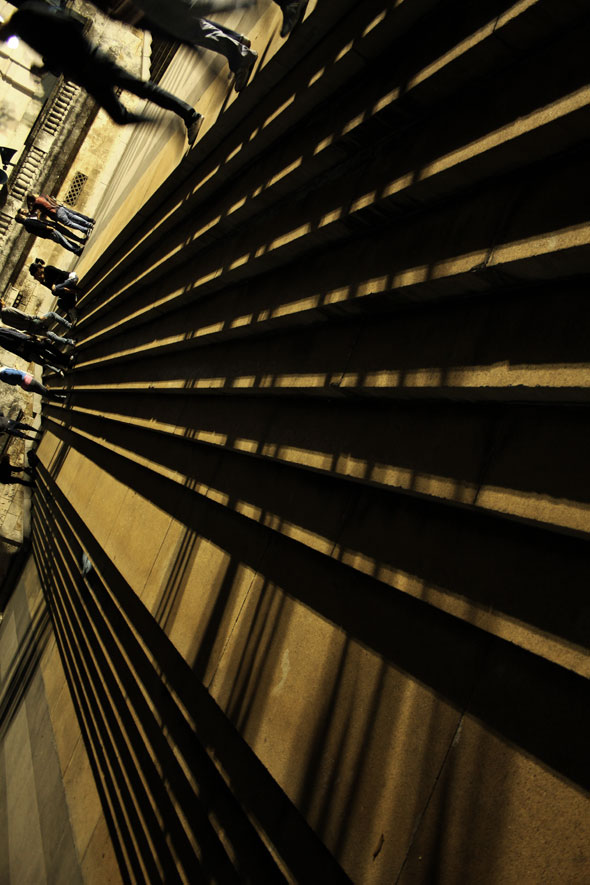
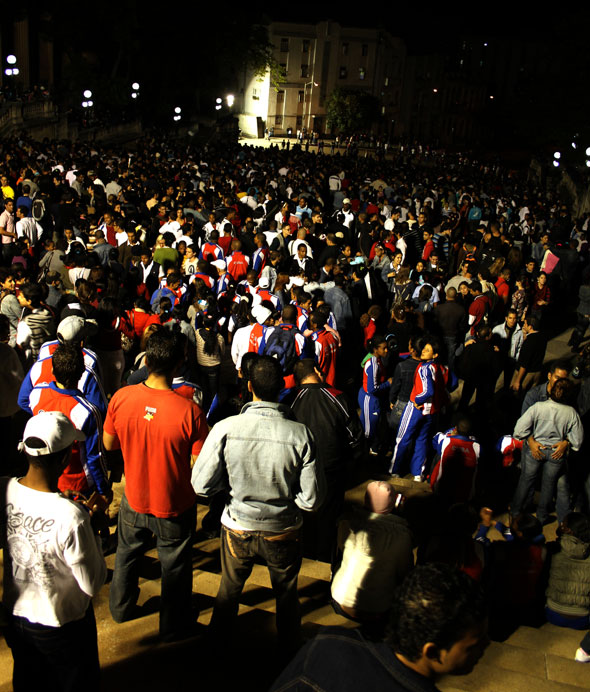
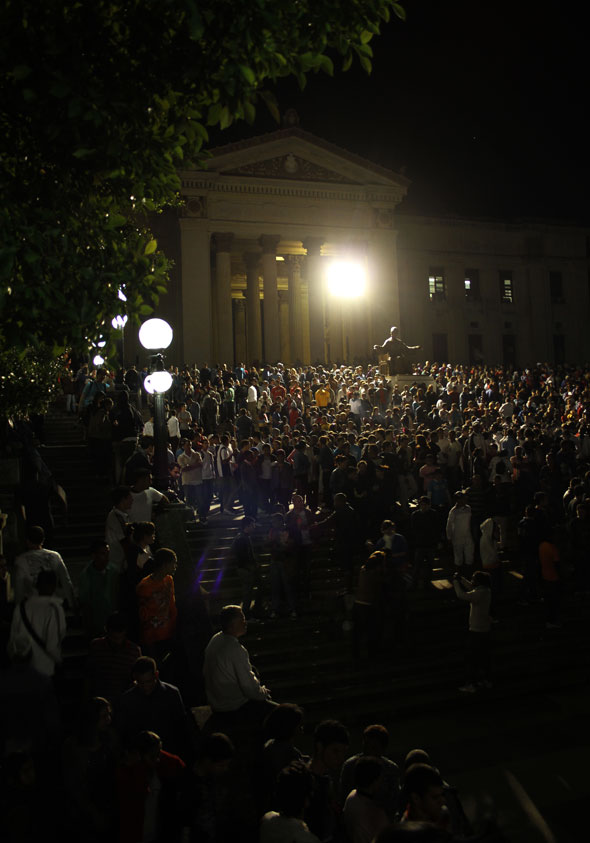
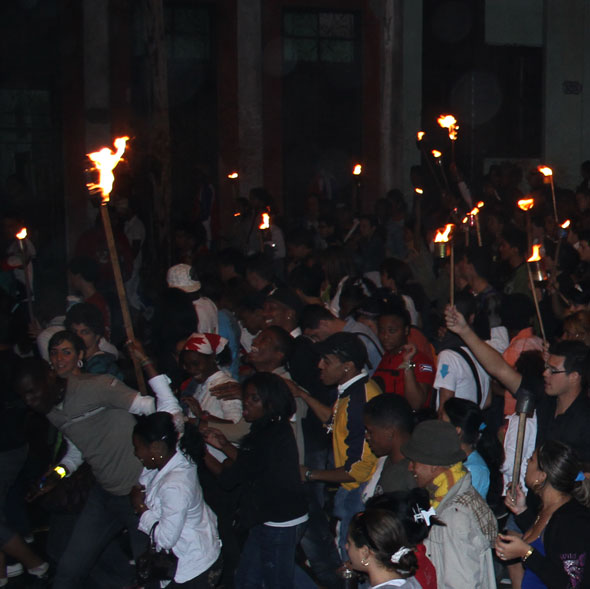
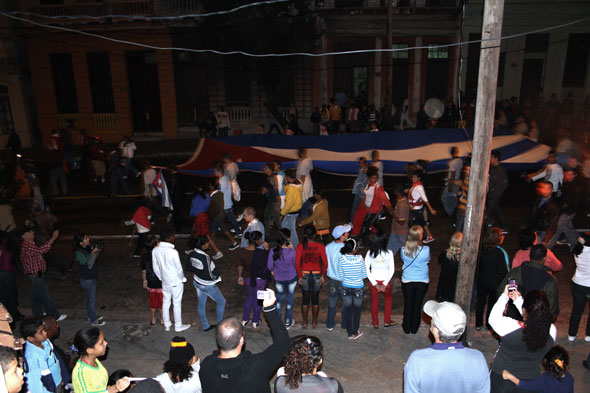
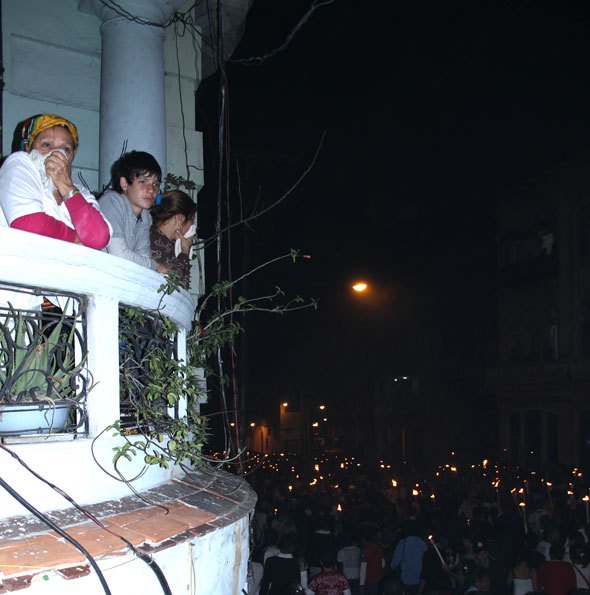
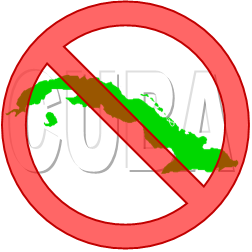 Censorship, among other things, is a moral scourge, one of the tools totalitarianism uses with devastating impact on the self-esteem of those targeted. Its practice not only should be abolished, but banned throughout the world. Thus, dictatorships are erected and sustain themselves, carving on the societies where they are in place what some call their different faces, costumes, reflections, and masks.
Censorship, among other things, is a moral scourge, one of the tools totalitarianism uses with devastating impact on the self-esteem of those targeted. Its practice not only should be abolished, but banned throughout the world. Thus, dictatorships are erected and sustain themselves, carving on the societies where they are in place what some call their different faces, costumes, reflections, and masks.
 A few days ago, in the hairdresser’s, the woman who went ahead of me started to chat with me while she waited for them to finish cutting the person’s hair ahead of her. In the conversation she told me about her daughter who “was advanced enough”; she said that while she softly brushed her fingers on her other forearm to refer to the color of her skin. “Why ‘advanced’, señora?”, I interrupted. “Do you consider that being black or belonging to your race is a setback?”
A few days ago, in the hairdresser’s, the woman who went ahead of me started to chat with me while she waited for them to finish cutting the person’s hair ahead of her. In the conversation she told me about her daughter who “was advanced enough”; she said that while she softly brushed her fingers on her other forearm to refer to the color of her skin. “Why ‘advanced’, señora?”, I interrupted. “Do you consider that being black or belonging to your race is a setback?”